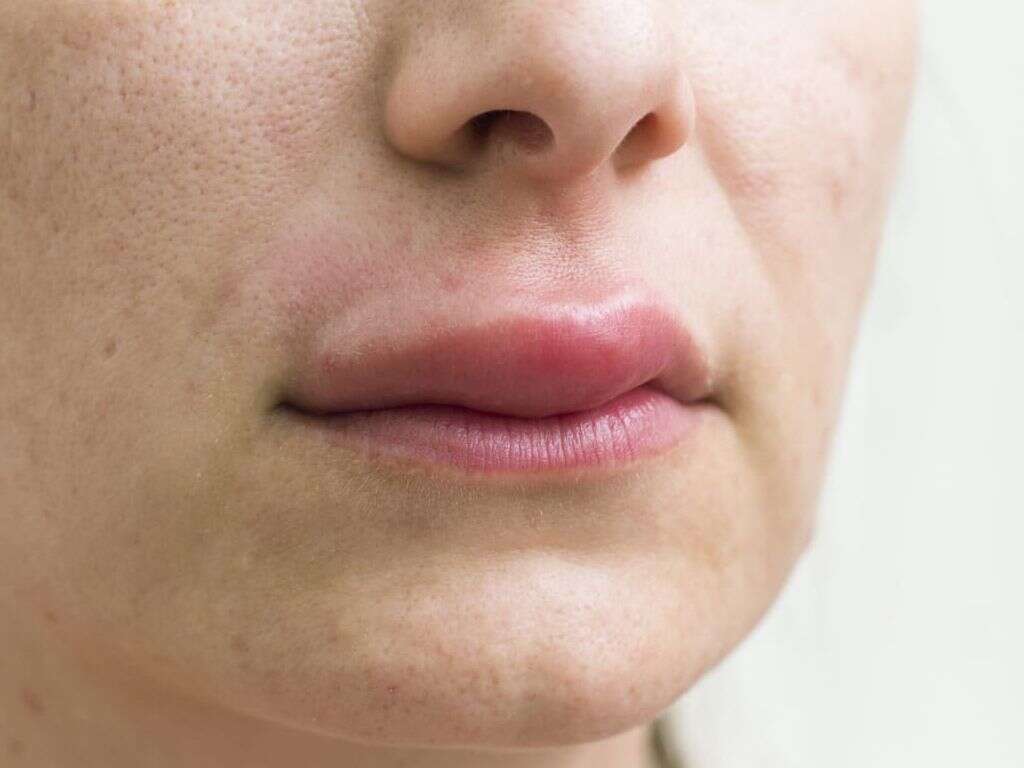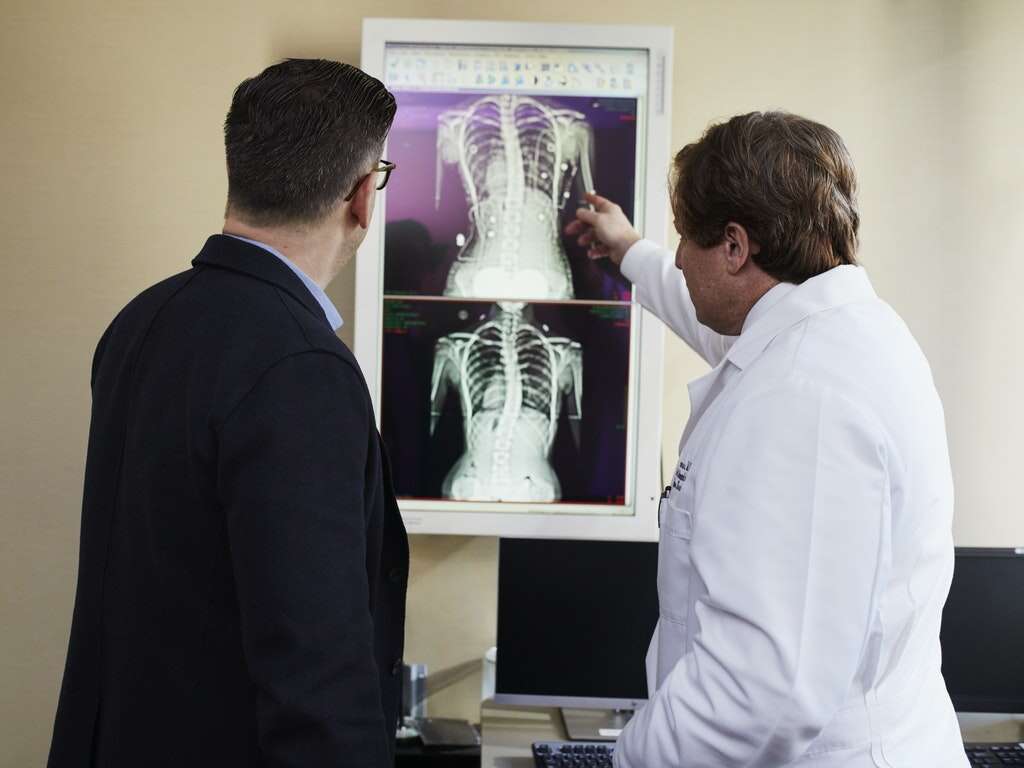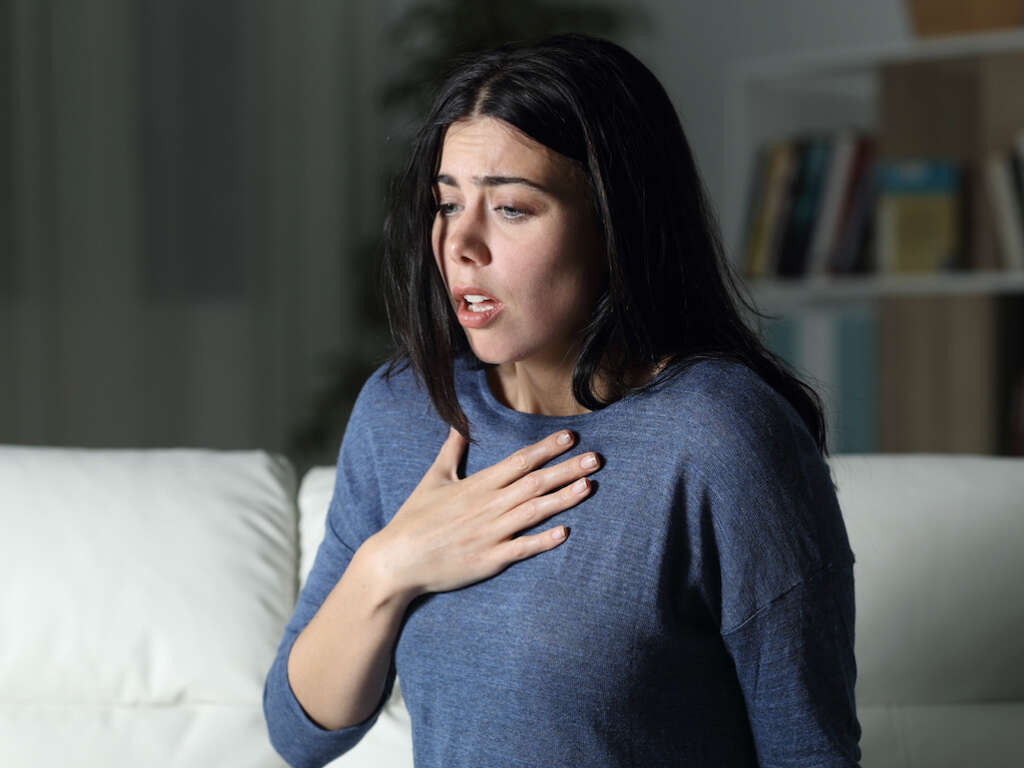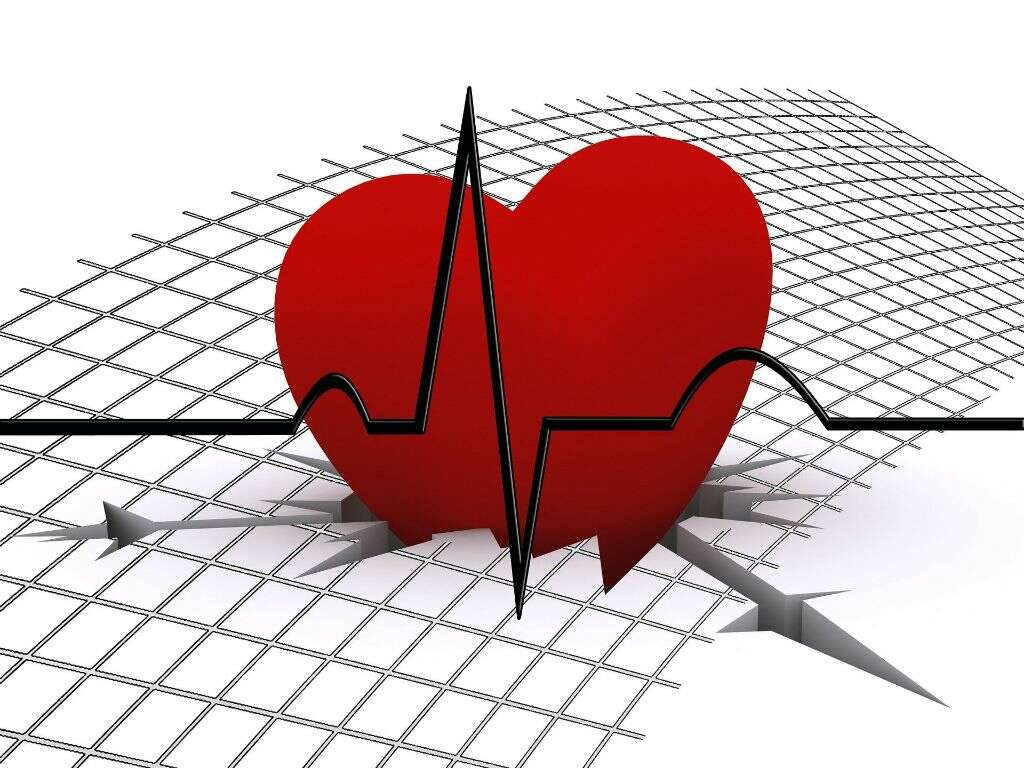10 Pulmonary Edema Symptoms
Pulmonary edema is a condition characterized by a fluid build-up in the lungs making it difficult to breathe as the gas exchange will be affected, eventually leading to respiratory failure and even death. Pulmonary edema can be either acute or chronic depending on the length of time the fluid accumulates in the lungs.
Sudden acute pulmonary edema can be a life-threatening condition that requires immediate medical attention, while chronic pulmonary edema occurs continuously over time and requires regular monitoring by a physician.
Common causes of pulmonary edema include pneumonia, trauma, near-drowning, allergic reaction to certain medications, drug overuse, kidney failure, liver cirrhosis, congestive heart failure, exposure to some chemicals, sepsis, blood transfusion, brain injuries, seizures, stroke, and brain tumors.
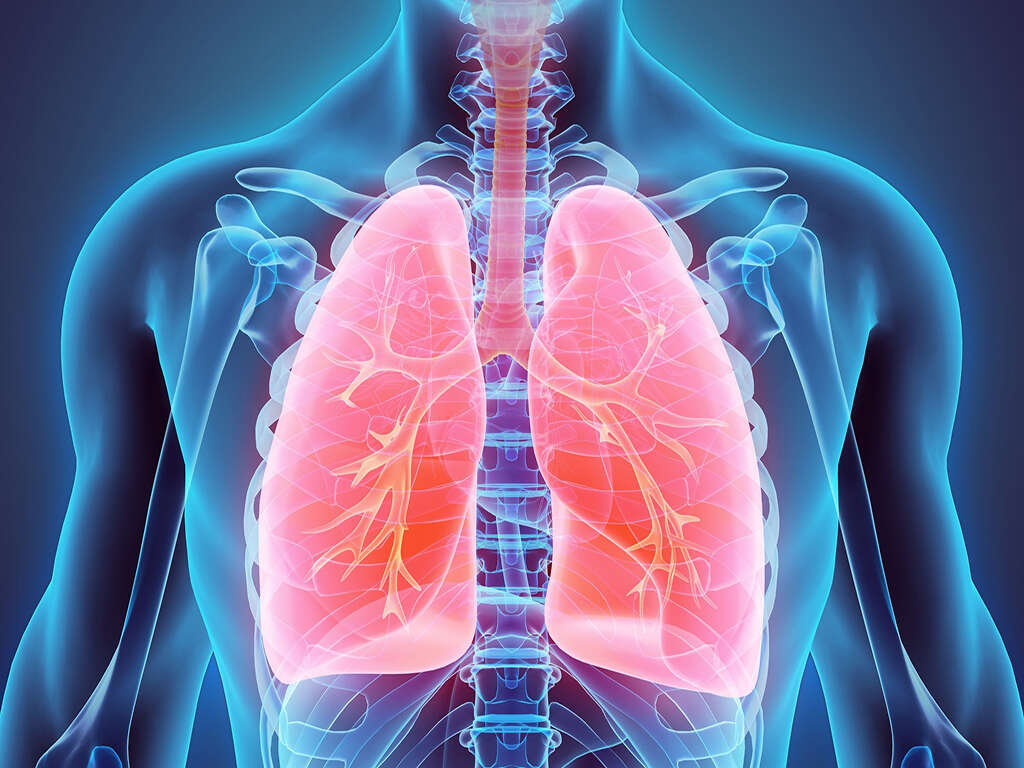
Symptom #1: Difficulty Breathing
Difficulty breathing is a characteristic symptom of pulmonary edema because as the lungs are filled with fluid, it’s understandable that breathing will become more difficult. The faster the fluid accumulates in the lungs, such as in cases of acute pulmonary edema, the harder it will be to breathe.
On the other hand, when fluid accumulates over a long period of time, such as in cases of chronic pulmonary edema, the lungs and the entire organism will eventually get used to these continuous breathing difficulties and this problem will become more noticeable and bothersome when doing an excessive physical activity or when lying down.

Symptom #2: Cough
Another common symptom of pulmonary edema is cough. A cough develops as a reflex mechanism because the concentration in the blood of carbon dioxide continues to increase.
Initially, cough is unproductive, but as the accumulation of fluid in the lungs continues and the condition progresses, cough is associated with chest pain and becomes productive, where coughing up blood or a bloody froth is characteristic.
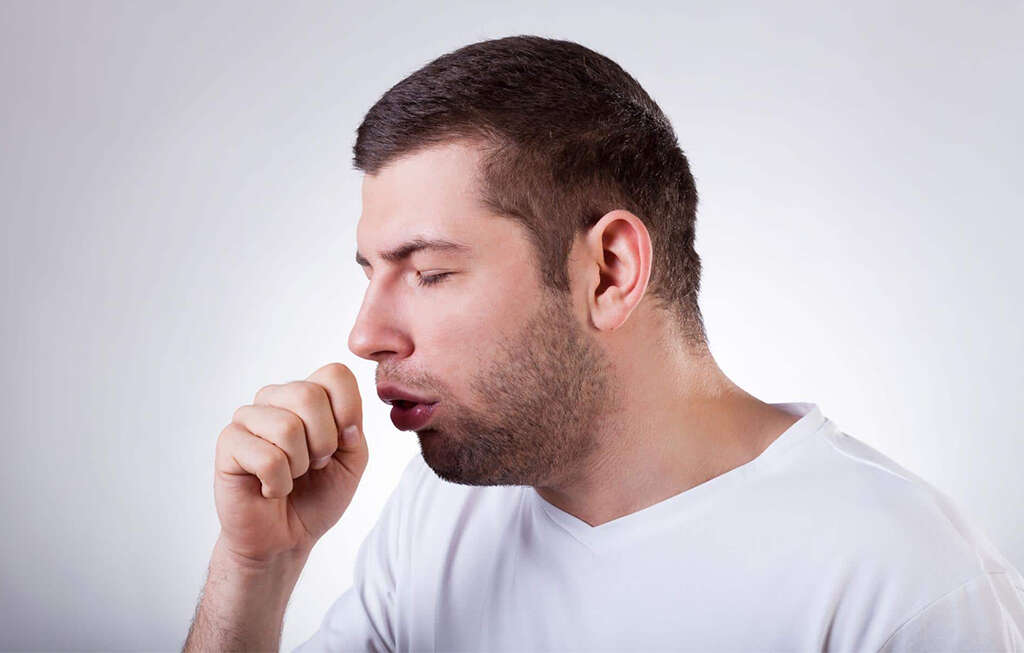
Symptom #3: Heart Palpitations
Any problem related to the heart is frightening and bothersome at the same time. When there is also difficulty breathing involved together with chest pain, then this situation becomes really scary.
Heart palpitations are a common problem associated with pulmonary edema, especially in cases when pulmonary edema is caused by a cardiac problem.
You may feel like your heart is beating too fast, too hard, is fluttering or is skipping a beat. Seek medical help immediately and get the necessary treatment.

Symptom #4: Chest Pain
Chest pain is one of the most common reasons why people seek emergency care. When chest pain is accompanied by difficulty breathing and other symptoms, it’s normal to be afraid for your own life. It is usually felt as pressure, fullness or a sensation of tightness in the chest. It also tends to get worse as the accumulation of the fluid in the lungs continues.
The onset of chest pain is sudden in cases of acute pulmonary edema, while in cases of chronic pulmonary edema chest pain is a common complaint but less severe and tends to get worse during a physical activity or when lying down. Chest pain and breathing problems tend to get better when bending over or sleeping with the head and chest raised up on 2-3 pillows.
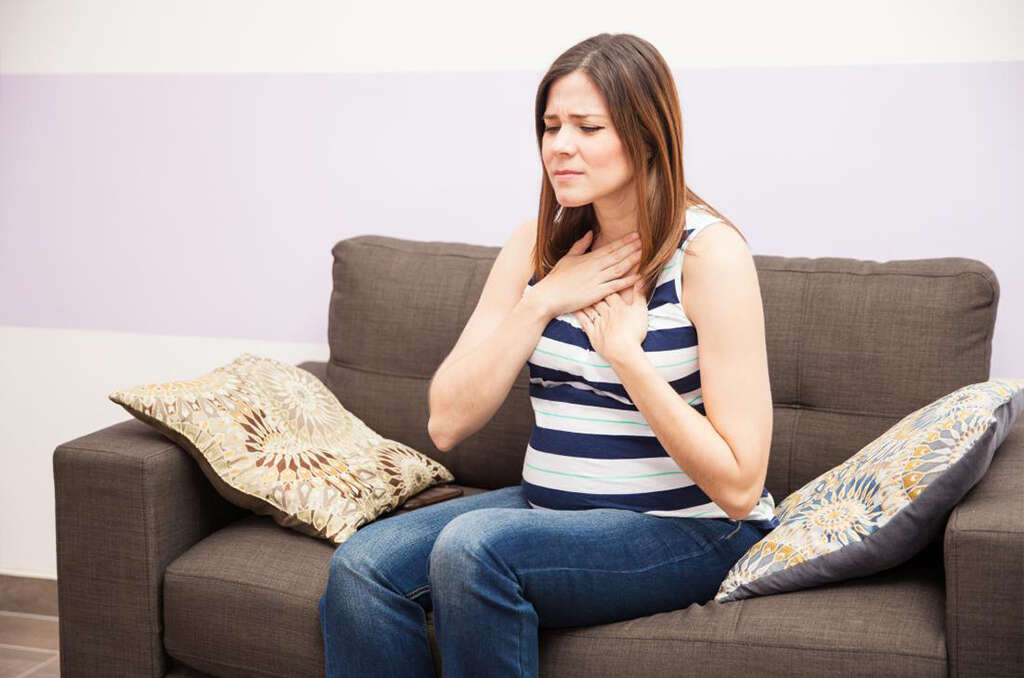
Symptom #5: Excessive Sweating
Excessive sweating, especially if you are not exercising or being active, is a sign that something is not quite right with your health. When excessive sweating is accompanied by breathing problems or chest pain, then it is understandable that you should seek immediate medical help.
Pumping up blood in cases when there is a problem with blood oxygenation will take more effort from the cardiovascular system and your entire organism. Your body will sweat more to try to keep the body’s temperature under control during this extra exertion. The more fluid is accumulated in the lungs, the more your heart will have to work to provide oxygenated blood to your vital organs, which means that you will continue to sweat even more.

Symptom #6: Anxiety and Restlessness
Chest pain, difficulties breathing, cough, excessive sweating and the presence of other pulmonary edema symptoms will lead to anxiety and restlessness. The more you grasp for air the more worried you will be for your own health and wellbeing. This anxiety will make the breathing even more difficult actually, which will make your overall condition even worse.
Whenever you or someone you know is having chest pain, difficulties breathing, pale skin, excessive sweating, or other symptoms, the wisest thing to do is to remain calm as much as possible until professional medical help arrives.

Symptom #7: Pale Skin
Pale skin is an unusual lightness of your skin color compared with your normal skin color. In cases of pulmonary edema, pale skin is caused by reduced blood flow and oxygenated blood due to an impaired functioning of the lungs because of fluid accumulation.
Generalized paleness with sudden onset and the presence of other signs and symptoms should make you seek immediate medical help. It could be a heart attack, pulmonary edema, or some other serious and life-threatening health condition.

Symptom #8: Rapid Weight Gain
A rapid weight gain when not intended, or when it occurs over a very short period of time should worry you. One of the things that could lead to rapid weight gain is pulmonary edema, specifically cardiogenic pulmonary edema. Any heart problem, especially heart failure, will lead to rapid fluid accumulation, especially in the lower extremities.
When this rapid weight gain of 2-3 kilos in less than a week is accompanied by other signs and symptoms such as difficulties breathing, cough, or heart palpitations then you should seek immediate medical help. A chronic pulmonary edema can easily turn into an acute pulmonary edema, which is a life-threatening condition, often leading to death when not diagnosed and treated on time.
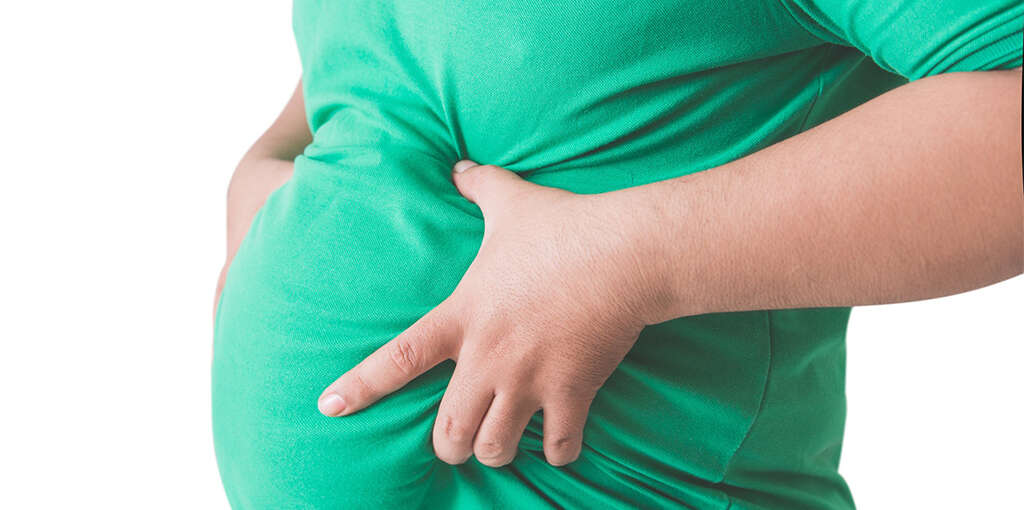
Symptom #9: Swelling of the Feet and Legs
Swelling of the feet and legs is a symptom of chronic pulmonary edema. Pulmonary edema is usually caused by left heart failure, but in certain cases, it can be associated with a failure in the right heart.
In this case, the pressure backs up in the veins of the extremities, leading to swelling of the feet and legs. The sacrum can get swollen as well if the patient spends a lot of time in a sitting position.
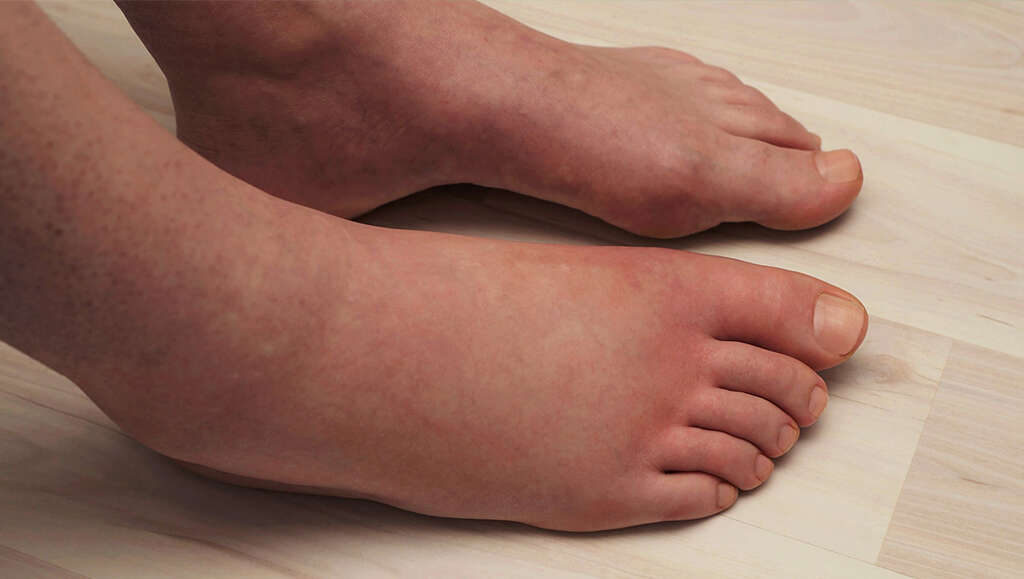
Symptom #10: Difficulty Breathing When Lying Down
Difficulty breathing when lying down or as it is otherwise known as orthopnea is a symptom characteristic of chronic pulmonary edema. Often patients with orthopnea need to use two or three pillows when lying down or sleeping. Some even choose to sleep on recliners as sleeping in a bed becomes impossible.
Also, patients with chronic pulmonary edema tend to wake up at night suddenly grasping for air, a condition which is otherwise known as paroxysmal nocturnal dyspnea. This lack of oxygen can cause significant distress leading to real respiratory crisis and even feeling unable to breathe properly.




